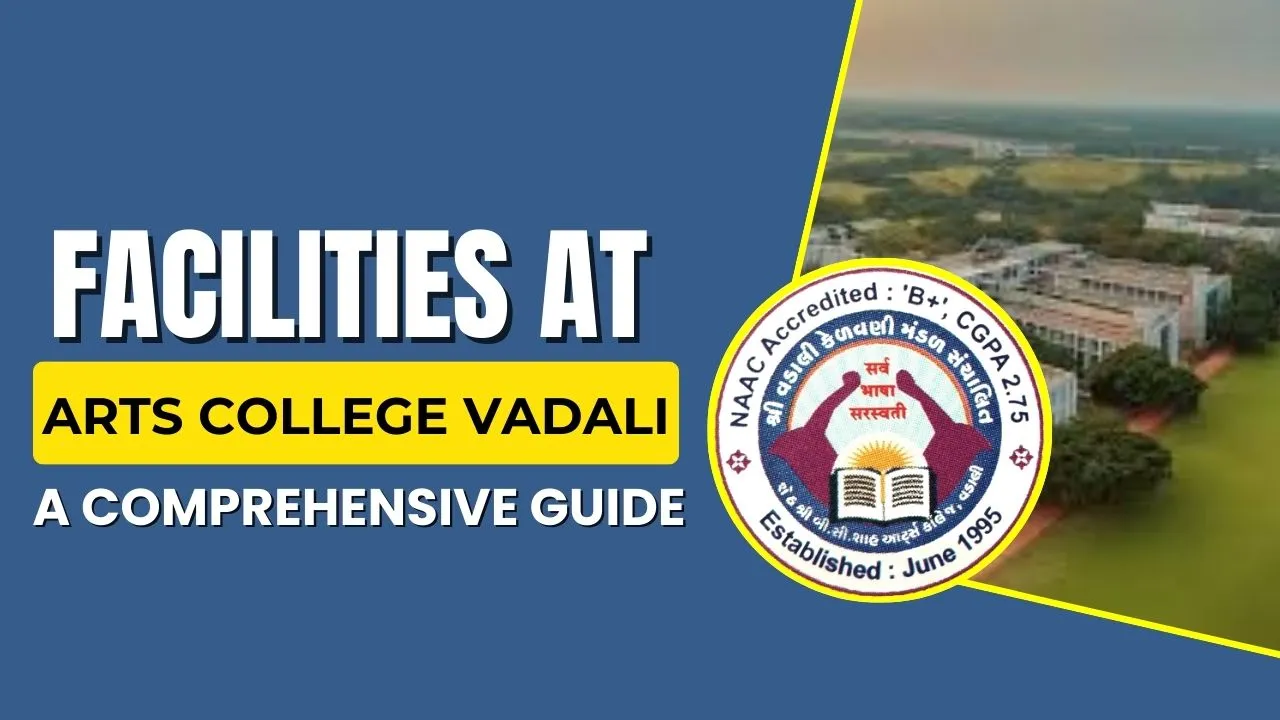Preparing for government exams is no easy task. The syllabus is vast, the competition intense, and the stakes high. Many aspirants devote years to studying, yet often overlook one key factor that can significantly boost their chances of success—effective time management. Managing your time well not only ensures comprehensive preparation but also helps maintain a balanced routine, avoiding stress and burnout.
This guide covers essential time management tips for government exam aspirants to help you plan smartly, study efficiently, and perform confidently on exam day.
Time Management Tips for Government Exam Aspirants – Why It Matters
Mastering time management tips for government exam aspirants is crucial because it allows candidates to make the most of their preparation time without feeling overwhelmed. With smart scheduling, focused study techniques, and regular practice, you can cover the entire syllabus, revise thoroughly, and enter the exam hall with confidence. Whether you are a full-time student or balancing studies with other responsibilities, managing your time effectively is the key to staying consistent and focused throughout your preparation journey.
Overview Table
| Time Management Aspect | Key Actions |
| Study Schedule | Realistic, detailed timetable; prioritize weak subjects; set daily and weekly goals |
| Optimizing Study Sessions | Use Pomodoro Technique; minimize distractions; utilize peak productivity hours |
| Practice & Revision | Regular mock tests; analyze results; schedule revisions |
| Exam Hall Time Management | Read instructions carefully; allocate time per section; attempt easy questions first |
| Tools & Techniques | Use planners, calendars, and apps to track study hours and deadlines |
Create a Realistic Study Schedule
The first step towards effective time management is creating a well-structured, practical study plan. A detailed timetable helps ensure that no subject is neglected while balancing other personal commitments.
Key Tips:
- Divide Your Day: Allocate specific time slots for each subject. Ensure tougher topics receive more attention, while also maintaining enough time for strong areas.
- Prioritize Subjects: Focus more on subjects you find difficult or ones that carry higher weight in the exam.
- Include Breaks: Continuous study without breaks leads to fatigue. Include short breaks to refresh your mind.
- Set Daily & Weekly Goals: Break your preparation into small, manageable tasks. Tracking progress regularly keeps you motivated and on schedule.
Optimize Your Study Sessions
The quality of study matters more than the number of hours spent. To maximize productivity, focus on improving your concentration during each study session.
Use the Pomodoro Technique:
- Study for 25 Minutes: Completely focus on one task without any interruptions.
- Take a 5-Minute Break: After every session, take a short break to recharge.
- Repeat: After four sessions, take a longer 15-20 minute break.
Minimize Distractions:
- Study in a quiet, dedicated space.
- Switch off phone notifications and avoid social media during study hours.
Utilize Peak Productivity Times:
Identify when you are most alert—morning, afternoon, or night—and schedule your toughest subjects or mock tests during that period.
Focus on Practice and Revision
Practice and revision are essential components of time management. Without them, all your learning may fade away by exam day.
Regular Mock Tests:
- Take full-length mock tests weekly or bi-weekly to simulate real exam conditions.
- Track the time taken for each section and improve speed.
- Review performance after every test to identify areas needing improvement.
Scheduled Revisions:
- Reserve specific days for revising previously studied topics.
- Use concise notes, flashcards, or summaries for quick revision.
- Practice previous years’ question papers to understand the pattern and recurring topics.
Manage Time Effectively During the Exam
Managing your time well during the actual exam is just as important as preparation. You may know the answers but poor time allocation can cost you valuable marks.
Key Tips:
- Read Instructions Thoroughly: Take a few minutes at the start to read instructions and understand time limits.
- Divide Time Per Section: Quickly assess the number of sections/questions and decide how much time to spend on each.
- Attempt Easy Questions First: Answer simple questions first to build confidence and save time.
- Skip and Return: Don’t waste too much time on difficult questions. Move on and return to them later if time permits.
- Stay Calm: Panic consumes time. Maintain a calm mindset and stick to your strategy.
Tools and Techniques for Better Time Management
Several tools and techniques can make organizing your preparation easier:
Planners & Calendars:
- Use physical planners or digital calendars to map out your study schedule.
- Set reminders for upcoming mock tests, deadlines, or revision sessions.
Time Management Apps:
- Apps like Forest, Todoist, or Trello can help you stay organized, block distractions, and track study sessions.
- Monitor how many hours you’ve studied and adjust plans if needed.
Final Thought
Implementing the right time management tips for government exam aspirants is crucial to succeed in today’s competitive exams. It’s not about how many hours you study but how effectively you use your time. By planning your day well, maintaining focus, revising regularly, and managing your time during the exam, you can confidently aim to clear the exam in fewer attempts.
Remember, consistency is key. A well-managed schedule, combined with regular practice and a calm mindset, will give you a solid edge over others.
FAQs
1. How many hours should I study daily to prepare for government exams effectively?
On average, 6-8 focused hours per day is ideal. However, quality and consistency matter more than the total number of hours.
2. How often should I take mock tests?
It is advisable to take at least one full-length mock test every week and gradually increase frequency closer to the exam date.
3. Is it necessary to study at night to cover the syllabus faster?
Not necessarily. Study during your most productive hours, whether morning or night. Choose a time when your focus is at its peak.
4. How can I avoid distractions during study sessions?
Create a dedicated study space, keep your phone on silent, use website blockers, and inform family members of your study hours.
5. Should I revise daily or weekly?
Both. Quick daily revision helps reinforce what you studied, while weekly in-depth revision ensures long-term retention of topics.







